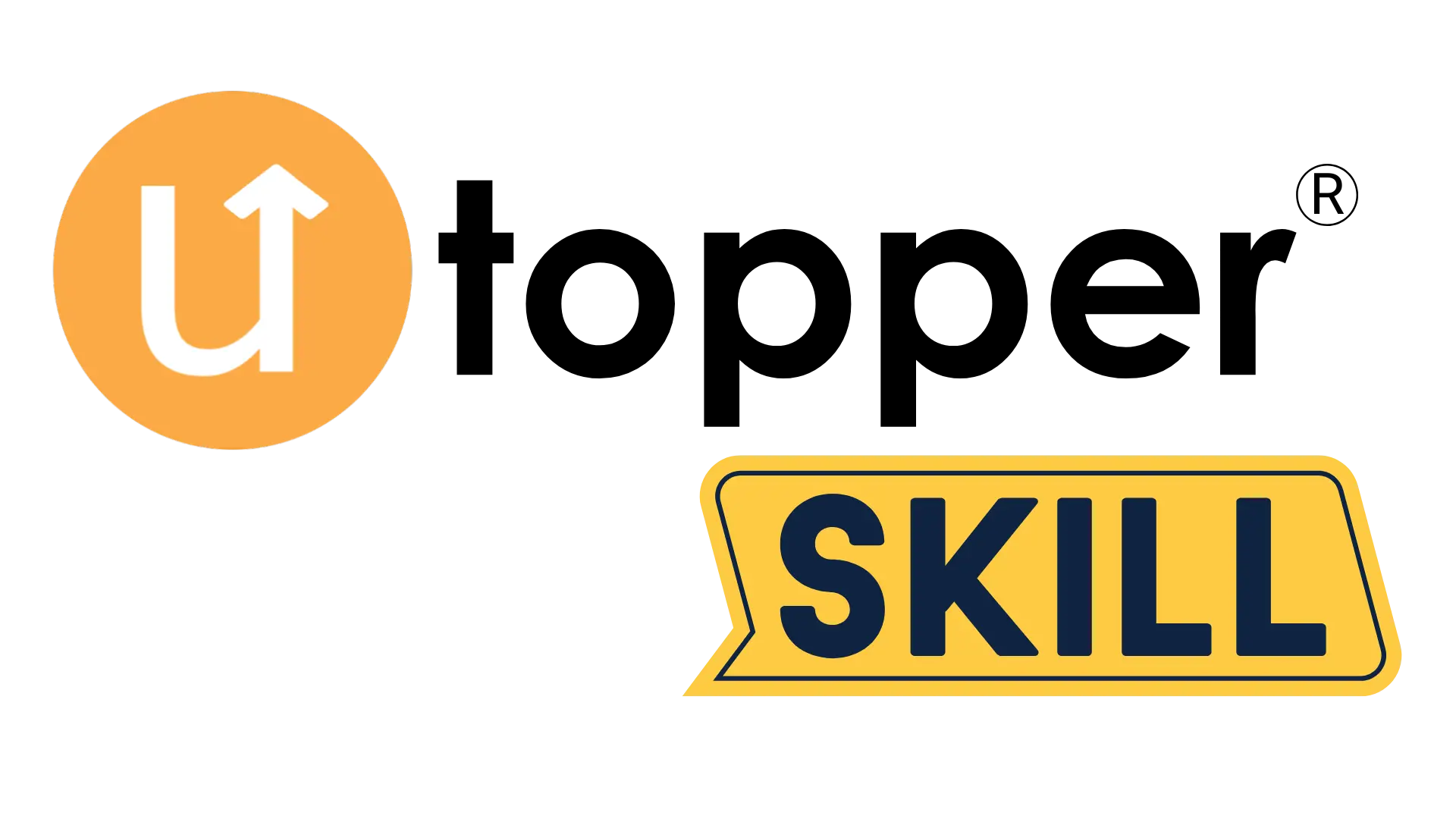C Loops (With Examples)
Hello Everyone, In this article, we will cover the concept of C Loops. Loops in C Programming are essential for executing a block of code repeatedly, and concise coding. We will cover the different types of loops in C, how they work, and provide examples to illustrate their use. Whether you’re new to C or have some experience, this guide will help you to understand Loops in C effectively. Let’s get started.
In C programming, a loop is a control structure that allows a block of code to be executed repeatedly until a certain condition is met. There are three types of loops in C: the for loop, the while loop, and the do-while loop.
Types of Loops
1. For Loop
The for loop is used when you know how many times you want the loop to execute. It has three parts: the initialization, the condition, and the increment. The initialization is where you set the starting value of the loop variable. The condition is where you test if the loop should continue. The increment is where you change the value of the loop variable. The syntax for a for loop is:
for (initialization; condition; increment) {
// code to be executed
}2. While Loop
The while loop is used when you don’t know how many times you want the loop to execute. It continues to execute the block of code as long as the condition is true. The syntax for a while loop is:
while (condition) {
// code to be executed
}3. Do-While Loop
The do-while loop is similar to the while loop, but it guarantees that the block of code will be executed at least once, even if the condition is false. The syntax for a do-while loop is:
do {
// code to be executed
} while (condition);Loops are very powerful programming tools that can help you write efficient and concise code. It is important to be careful when using loops, however, as they can easily lead to infinite loops and other errors if not used correctly.
Loops are used in C programming to execute a block of code repeatedly until a certain condition is met. They provide a way to automate repetitive tasks and simplify the code. Without loops, you would need to write the same code over and over again for each iteration, which would be time-consuming and error-prone.
For Loop to print the numbers from 1 to 10
for (int i = 1; i <= 10; i++) {
printf("%d ", i);
}This loop initializes a variable i to 1, tests if it is less than or equal to 10, and increments it by 1 after each iteration. The loop body simply prints the value of i using printf() function. This loop prints the numbers 1 through 10 with a single block of code.
Loops are also useful for processing arrays and other data structures. For example
For loop to calculate the sum of an array of integers:
int arr[] = {1, 2, 3, 4, 5};
int sum = 0;
for (int i = 0; i < 5; i++) {
sum += arr[i];
}
printf("The sum is %d", sum);
This loop iterates over the array arr and adds each element to the variable sum. The final value of sum is then printed.
Advantage of loops in C
The advantages of loops in C programming include:
- Efficiency: Loops are a very efficient way to execute a block of code repeatedly. They allow you to avoid writing the same code over and over again, which can be time-consuming and error-prone.
- Automation: Loops allow you to automate repetitive tasks, such as processing arrays or reading data from a file. This can save you a lot of time and effort in writing and debugging code.
- Flexibility: C offers several types of loops, such as the for loop, while loop, and do-while loop, each with its own advantages. This gives you flexibility in choosing the type of loop that best suits your programming needs.
- Readability: Loops can make your code more readable and concise, especially when dealing with arrays and other data structures. By using a loop, you can avoid duplicating code and make your code easier to understand and maintain.
- Control flow: Loops provide you with more control over the flow of your program. You can use loops to break out of a program early if a certain condition is met, or to skip over certain iterations if necessary.


